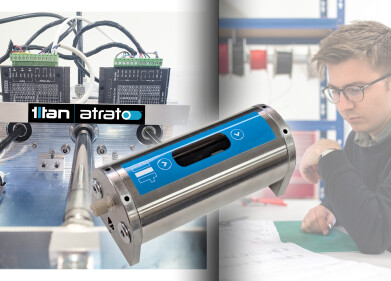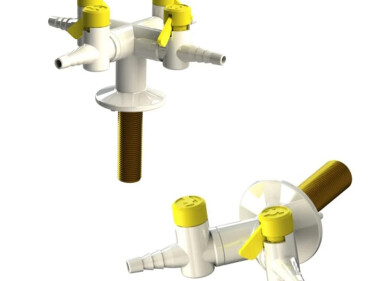Laboratory products
What is Laboratory 4.0?
Mar 07 2022
Improved technology and innovation is a natural progression for modern laboratories. However, with intelligent systems and digitalisation making waves throughout scientific fields, Laboratory 4.0 is a concept that brings new opportunities to the forefront.
But what is Laboratory 4.0?
Laboratory 4.0 is a term that stands for intelligent automation systems and digitalisation in modern laboratory environments, and work practises. It is not strictly a new concept because some labs already use digital applications. For example, imaging laboratories utilise sensitive digital cameras instead of probe detection methods.
The main challenges of Laboratory 4.0 involve managing vast data sources and volumes. However, as digitalisation plays a crucial role in improving efficiency and productivity, this concept also pushes better planning, networks, and systems.
Automating and digitalising laboratory work has numerous benefits, regardless of lab type or size.
Benefits of Laboratory 4.0
Improved accuracy
Manual input is typically where many mistakes occur in laboratory work. Using automated systems and tools instead reduces human error. This is particularly important for work that involves monitoring hundreds of samples and data sets. Using automated tools to prepare samples and track each aspect of a project ensures no misplaced data.
Faster results
Time is a significant factor in any laboratory. With demand increasing and faster results coming from larger corporations, investing in automation is crucial. Automated systems produce more rapid results and more accuracy than manual intervention.
Cost reduction
While automation tools typically come with high investment costs, the returns far outweigh this in the long term. Using automated systems allow increased workloads without the expense of extra staff. As a result, these tools can produce more work in an allotted time. Plus, automation identifies errors more quickly so they can be rectified without holding anything else up.
Improved employee motivation and job satisfaction
Every job has tedious elements, and lab work is no exception. However, with automated systems in place, it takes the simple and mundane jobs off their hands. With this time, employees can concentrate on more productive tasks. Plus, it allows individuals to take initiative and pride in their work.
Flexible and collaborative working practises
The integration of digitalisation in a lab environment allows different sites and teams to work together over various locations. For example, cloud-based storage enables data and results sharing to speed up processes.
Investing in Laboratory 4.0
Automation is a wise investment for all types of laboratories. While these systems appear complicated to implement, they don’t have to be. Start by assessing current practices, identify areas for improvement and research ways to automate for improved productivity for a smooth transition. You can find out more in the article ‘What is AI and how can it be applied to scientific instruments?’
Digital Edition
Lab Asia Dec 2025
December 2025
Chromatography Articles- Cutting-edge sample preparation tools help laboratories to stay ahead of the curveMass Spectrometry & Spectroscopy Articles- Unlocking the complexity of metabolomics: Pushi...
View all digital editions
Events
Jan 21 2026 Tokyo, Japan
Jan 28 2026 Tokyo, Japan
Jan 29 2026 New Delhi, India
Feb 07 2026 Boston, MA, USA
Asia Pharma Expo/Asia Lab Expo
Feb 12 2026 Dhaka, Bangladesh



















